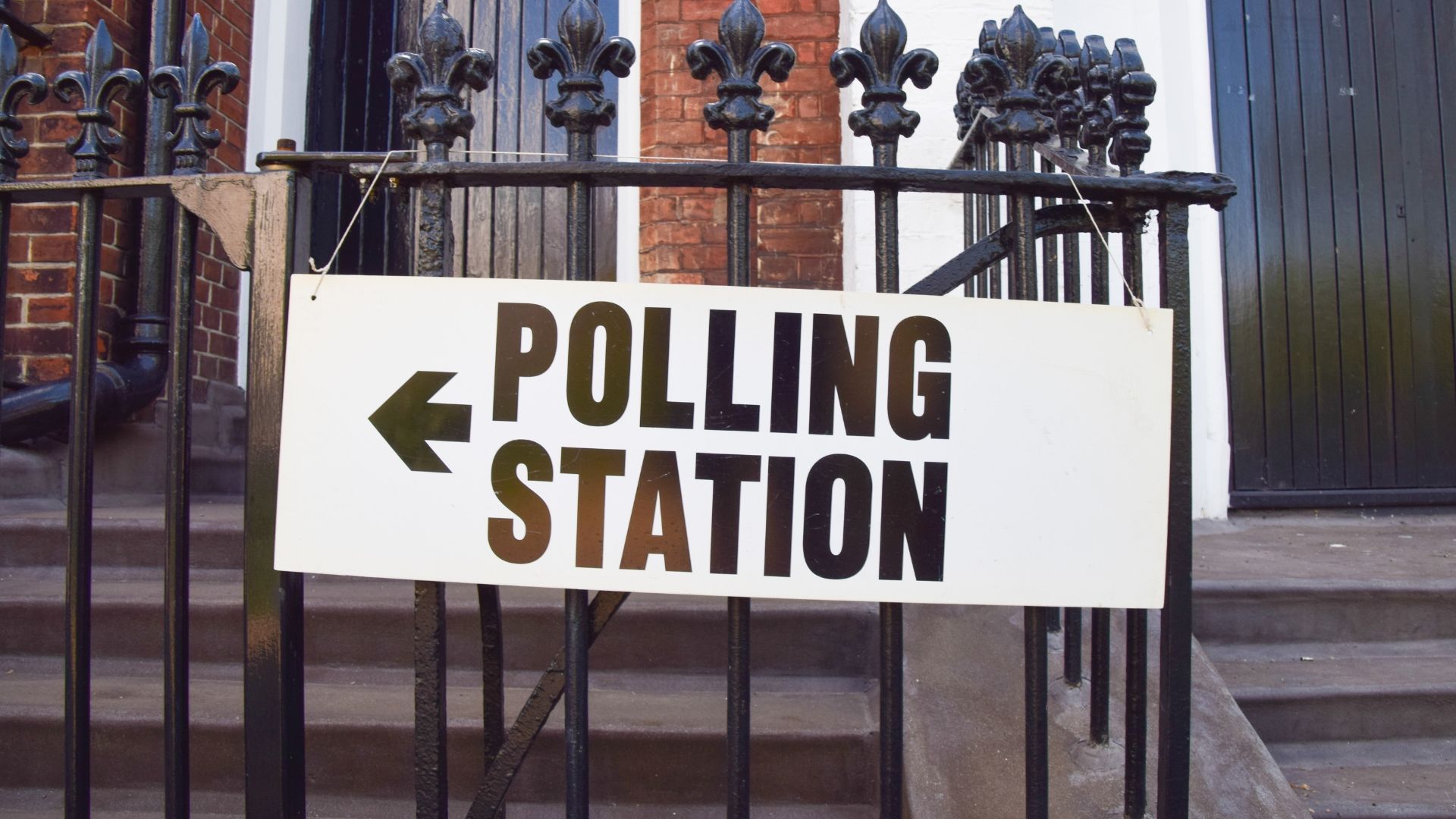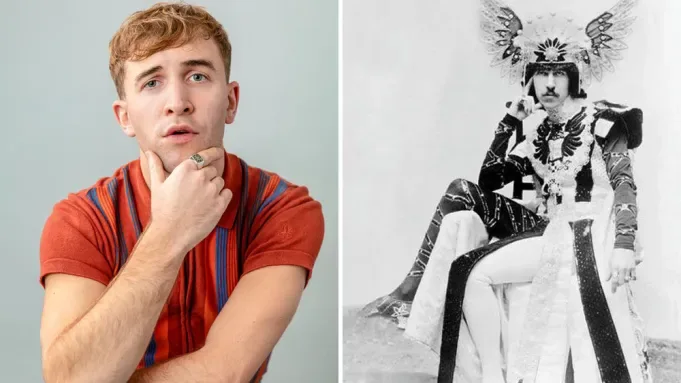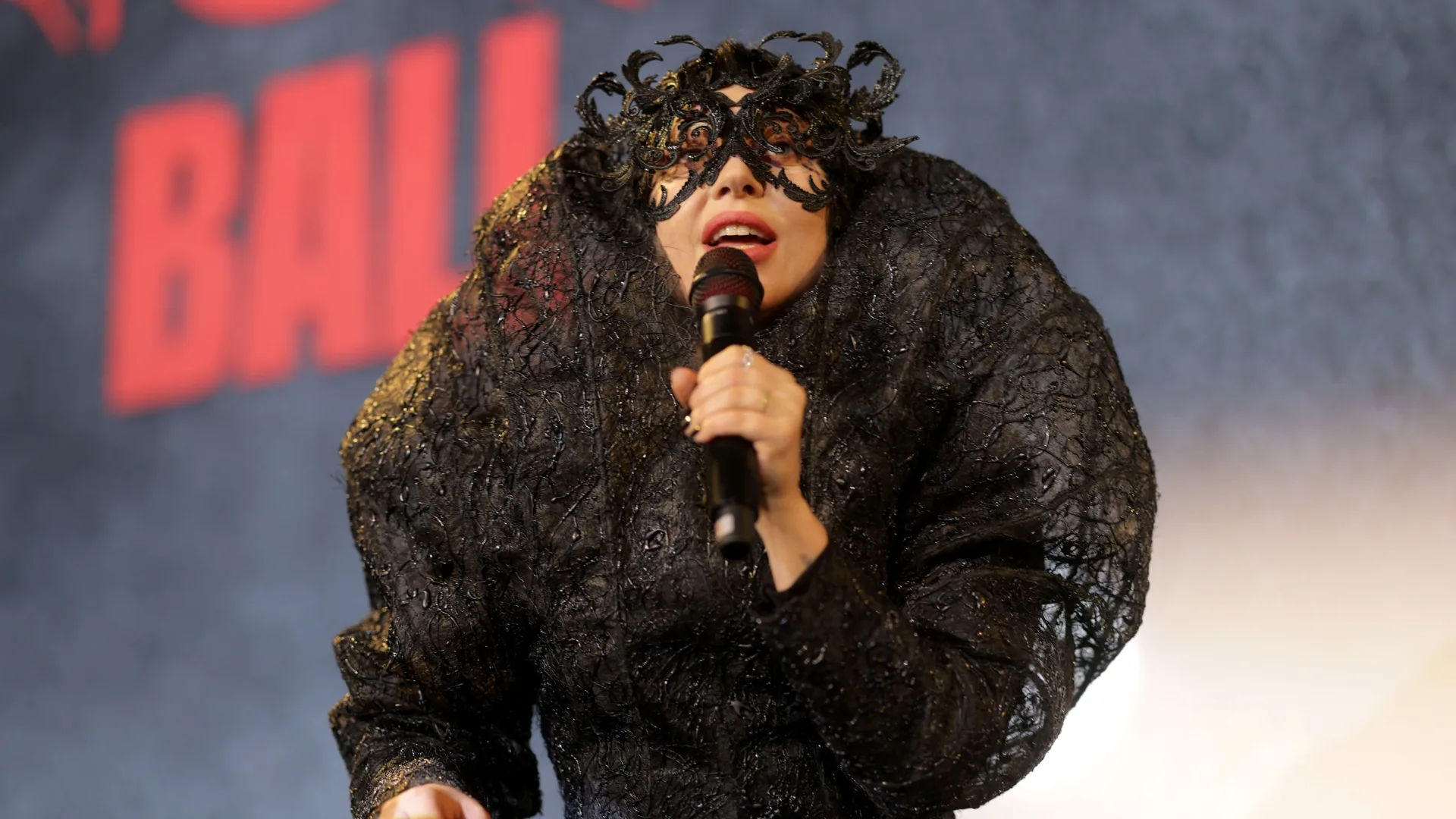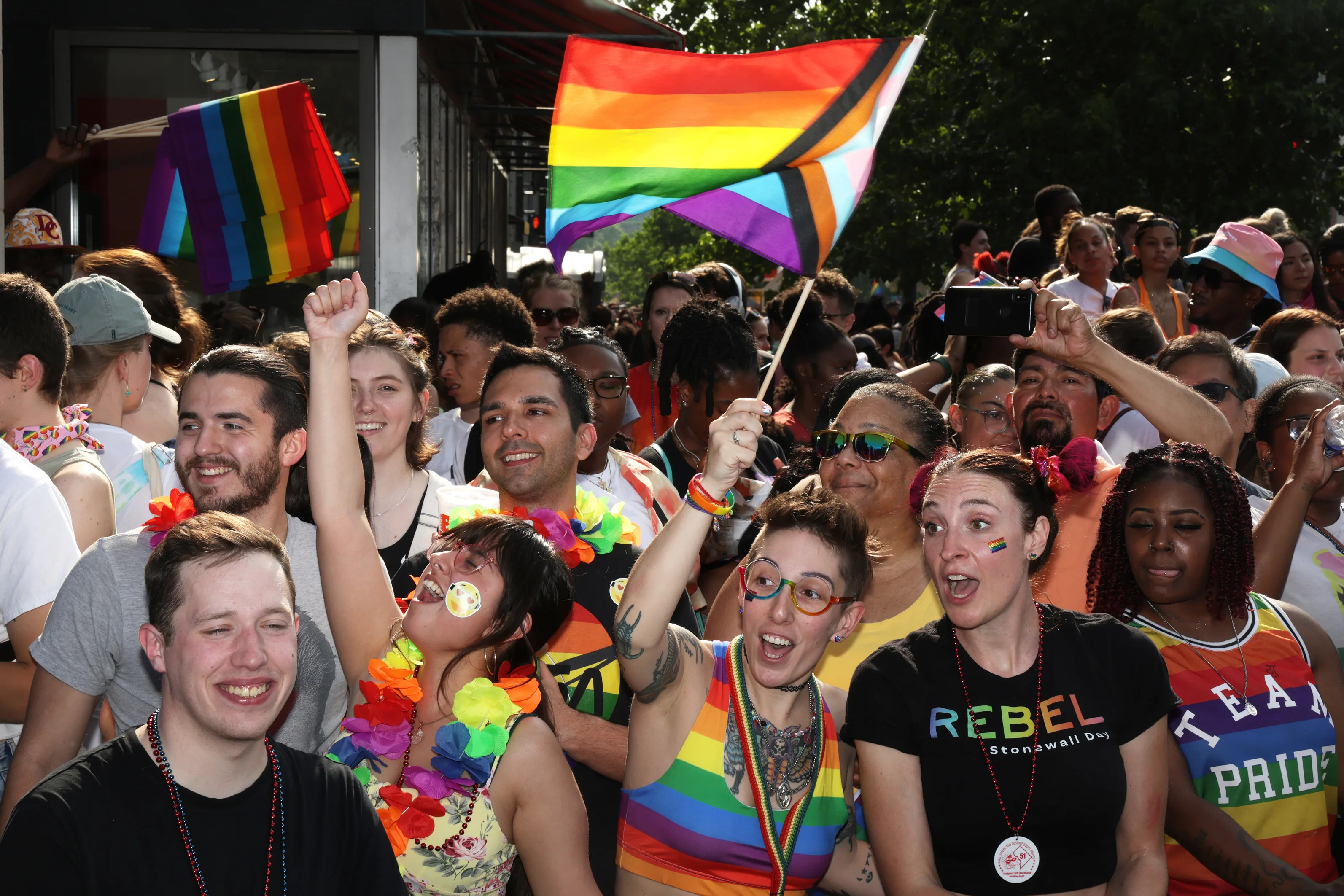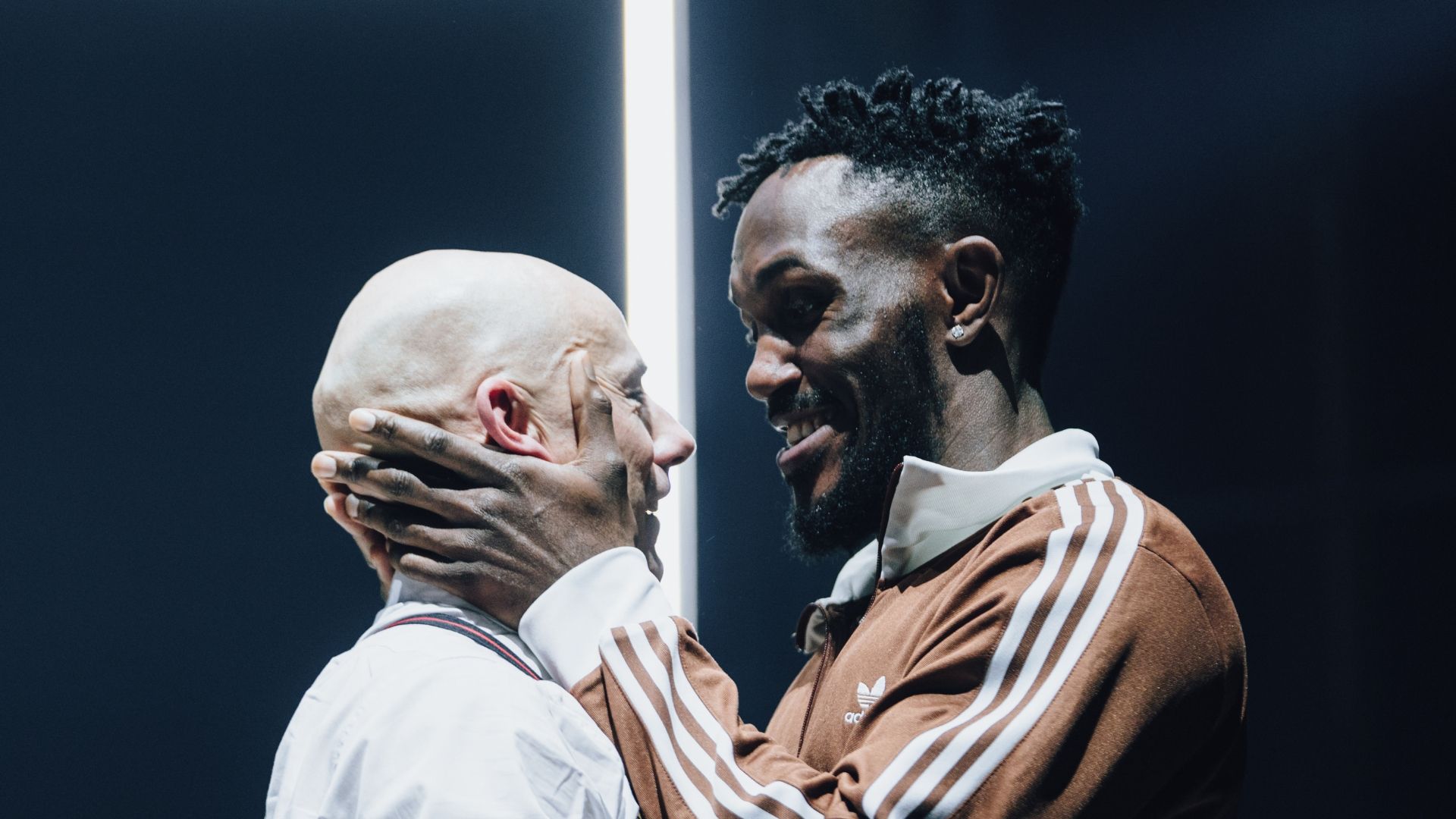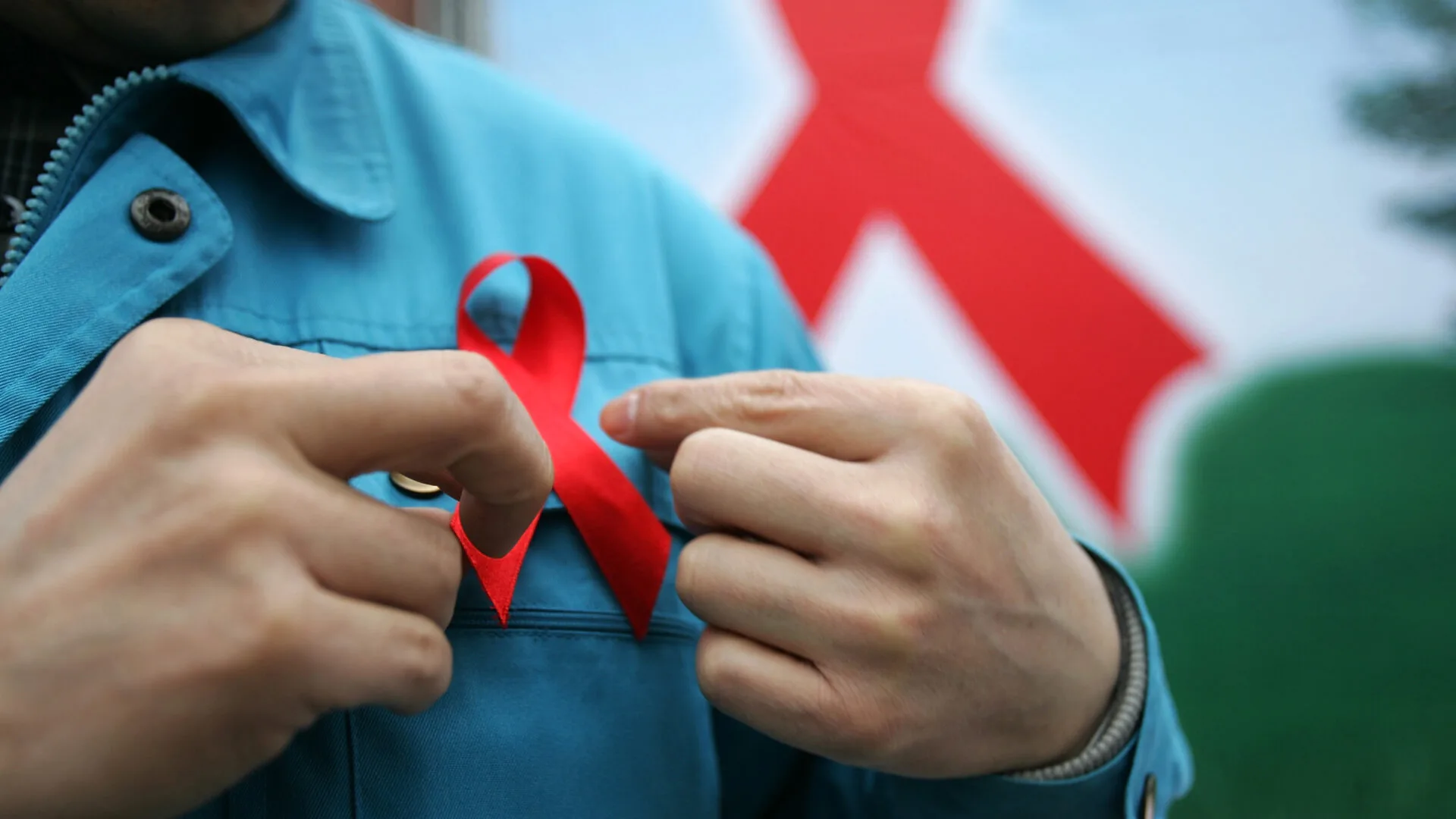A report by the Guardian has found that a possible 400,000 people were turned away from polling stations during last week’s UK general election due to having insufficient or inappropriate forms of ID.
The report is based on a survey by More In Common, which has found that 3.2% of people who attempted to vote in the general election were turned away at least once, with half saying they did not return or were rejected a second time. People from minority ethnic communities were more than twice as likely to be sent away.
The three main reasons people were turned away were:
– The ID they provided was not on the list of eligible documentation.
– Their name was different to the name listed on the electoral register.
– They were told their appearance was too different from their ID.
Only 2.5% of white voters were turned away, compared with 6.5% of voters of colour. Though information about how the rule affected LGBTQ people, particularly Trans and Non-Binary people, was not included in the report, many members of these communities reported feeling anxiety about being turned away from polling booths prior to the election, due to having changed their names or appearance as part of a transition or gender affirming process.
Only 60,000 people were issued with free voter authority certificates during the election campaign, which were being offered to voters who knew they did not have the necessary ID.
Research undertaken by Stonewall and the LGBT Foundation in 2021 found that LGBTQIA people were three times more likely than the general population to have no usable forms of ID. As many as 24% of trans respondents to the survey did not have a usable form of photo ID. This was 19% for Non-Binary people.

